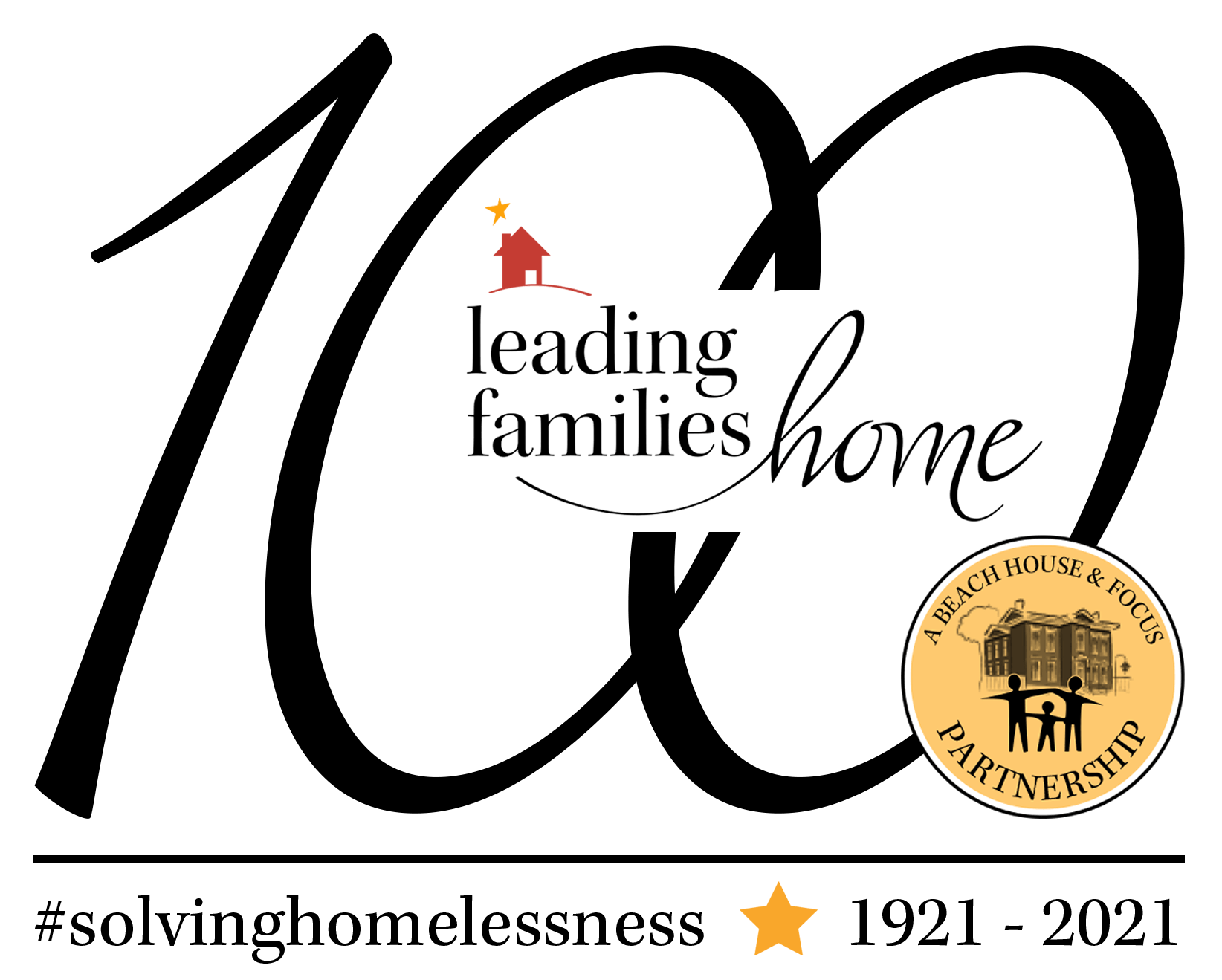The Face of Homelessness (It Isn’t What You Think)
Every Person Has a Story
Just like you, each homeless person has a unique story. The real reason people become homeless is due to many reasons like the recession of 2008, domestic violence, or lack of support from family members.
Invisible People: Changing the Story of Homelessness is a YouTube channel dedicated to telling the story of our nation’s homeless. Here you’ll find stories of hundreds of homeless people all over the US. Just a few of our favorite videos:
They Are Individuals
Homeless people are not identical; they are unique individuals, just like everyone else. There is a stereotype of who a homeless person is: someone addicted to drugs, alcoholic, lazy, or mentally incapacitated. These stereotypes are dangerous, because they cause people to see someone for who they are not instead of who they are.
According to the National Alliance to End Homelessness’ State of Homelessness: 2020 Edition , the following subpopulations are significantly represented within homelessness:
Individuals. Seventy percent of people experiencing homelessness are individuals who are living on their own or in the company of other adults. The remainder (30 percent) are people in families with children.
Males. Homelessness is significantly defined by gender. Sixty percent of all people experiencing homelessness are male. Among individuals, the numbers are starker—70 percent are men and unaccompanied male youth.
Unsheltered. Far too many people in America sleep outside or in other locations not meant for human habitation. This group includes more than 200,000 people (37 percent of the overall population). Among individuals experiencing homelessness, the numbers are more dire—1 in 2 are unsheltered (according to HUD’s Annual Point-in-Time Count ).
They Don’t Want to Be Homeless
The public perception of homelessness is that this population wants to be homeless. This could not be further from the truth. Homelessness is an exhausting struggle: a 24/7 fight to find shelter, food and water.
“People who are homeless don’t want to be homeless. They are not trying to take advantage of the system, they are here for a reason. Yes, there are stereotypical homeless people on the street corners, but by and large we don’t want people to know about our situation, we don’t want people to feel bad or treat us any differently, but that doesn’t mean we are comfortable with the situation we’re in. People need to understand that.” – Matthew, 36, Boise,
(
Interview from Fifty Sandwiches).
Homelessness is humiliating. Homelessness is frightening. Why would anyone choose this lifestyle for themselves or their families? When we speak to those who are homeless, they tell us, “I don’t want to be homeless. No one wants to be homeless.”
Then why are they? People are homeless because of the challenges they face, like finding a job or housing. They may not have a legal ID, birth certificate, or know their social security number or birth date. A lack of safe, affordable housing also contributes to homelessness. Finding employment is difficult when you don’t have an address, a place to shower, or work clothes.
They’re Educated
It may shock you, but many of the homeless population have advanced college degrees or technical training. You’ll meet teachers, lawyers, doctors. You’ll meet people who still continue to educate themselves even while living on the street.
They’re Sober
One of the most prevalent and damaging perceptions of homeless people is that they’re drunk or using drugs. Although there are homeless people who drink and use drugs, they are the minority. Most homeless people are sober; they are not users or drunks. To a sober person, the perception that they use drugs is frustrating and dehumanizing. (According to
Alcohol Rehab Guide , 38 percent of homeless people were alcohol dependent, finding it difficult to remain sober and achieve stability.)
They Have Families
The number of homeless families on the street has been growing over the years.
One of the challenges facing homeless families is the size of their family. Many of those who are families of four or less are readily accepted into shelters or low-income housing. However, due to space limitations, it is difficult for shelters to accommodate households of 5 or more.
They Have Pets
Pets offer protection from the dangers of life on the street. Pets give companionship, hope, and love. To someone who has nothing, a pet can offer a reason to keep going and not give up.
However, pets also present a challenge when it comes to housing, as many landlords do not accept pets. Imagine living with your pet for years, relying on that pet for companionship and protection, and then being told that you have to choose between your pet and housing. Abandoning a pet is like abandoning a cherished family member.
They Are Targets
Being homeless is like having a target on your back; you become prey to those who want to do you harm, those who are addicted, and even those who are just selfish or uncompassionate.
As of 2016, Ohio ranked fourth in the nation for crimes against the homeless, behind only California, Florida, and Texas. ( View the report from the Northeast Ohio Coalition for Homelessness.) Homeless people have been beaten, attacked by dogs, raped, and even set on fire. Pets of the homeless are also frequently targeted and stolen.
In 2018, two men were arrested for trying to bribe the homeless into cashing fraudulent checks. Dan Rogers, Cherry Street Mission Ministries Chief Executive Officer, commented to NBC 24 News, “It is trafficking in the way that you’re abusing and being a predator to another human being and making their life even more vulnerable for your own gain and your own good.” (Read Scammers Target Toledo Homeless.)
Even though the homeless are routinely targets of discrimination, “(c)lass discrimination is still legal and acceptable in the United States. There is no protected status for those who are economically oppressed or excluded, much less those who are homeless.” Scammers Target Toledo Homeless.)
The homeless are also routinely targeted by police. “Police in many cities commonly conduct “sweeps” in downtown areas before large political, religious, athletic or entertainment events. Police routinely stop people they suspect are homeless, ask for identification and run warrant checks. There have been many reports of police urging homeless people to leave town or face arrest if they are stopped again.” ( NCH, Illegal to Be Homeless, 2004.)
“The more reliable statistics arising from homicide data and victimization studies indicate that the homeless are among the nation’s most criminally vulnerable population.” (View the report: Hate Crimes against the Homeless ) Why? It’s easy to hurt the homeless. Not only are they visible, they have no shelter or place to secure themselves or their possessions. Because the homeless population is seen as less valuable than other groups, crimes against them are not prosecuted in the same way as other hate crimes.
Let’s Connect
Connect with us on social media to see the latest stories from our Participants, Board Members, Staff, and Volunteers!
You can support Leading Families Home by liking or following our accounts, liking and SHARING them on your social media accounts. Invite your contacts to like or follow us, too! Let’s spread the word, and end homelessness in Toledo!
Help Us Out
Leading Families Home is based in Toledo, Ohio. We are dedicated to fighting homelessness in our community – and we’d love your help! Please consider supporting our organization in one of the following ways:
Leading Families Home partners with PayPal for secure online payments. Click
Donate Now to be taken to the secure donation page.
Mail a Check
To donate by check, please make the check out to Leading Families Home.
Mail your check to the following address:
Leading Families Home
2283 Ashland Ave.
Toledo, OH 43604
Other Ways to Donate
Shop with AmazonSmile
When you shop on AmazonSmile (smile.amazon.com) the AmazonSmile Foundation will donate 0.5% of the price of eligible purchases to the charitable organization of your choice. Learn more about AmazonSmile.
Use Kroger Community Rewards
It’s easy to donate with Kroger Community Rewards – just shop at Kroger, and swipe your Plus Card! Join Kroger Community Rewards.
Matching Gifts: Double Your Donation
Every year we have a Match Campaign – an exciting way for you to double your impact. During this campaign, our match partners will match your monetary donation to Leading Families Home.
Match partners also include corporate sponsors who match their employees’ donations. If you’d like to participate, find out if your employer matches employee donations to 501(c)(3) organizations and contact us.
Host a 3rd Party Fundraiser
Do you love to plan events? You can raise donations for LFH by hosting your own event! Have fun and make an impact on our community. Ask for donations instead of birthday gifts or baby shower presents.
Remember Us in Your Will
A Planned Gift allows you to donate in a very meaningful way. Contact your financial advisor or estate planner to learn more.






